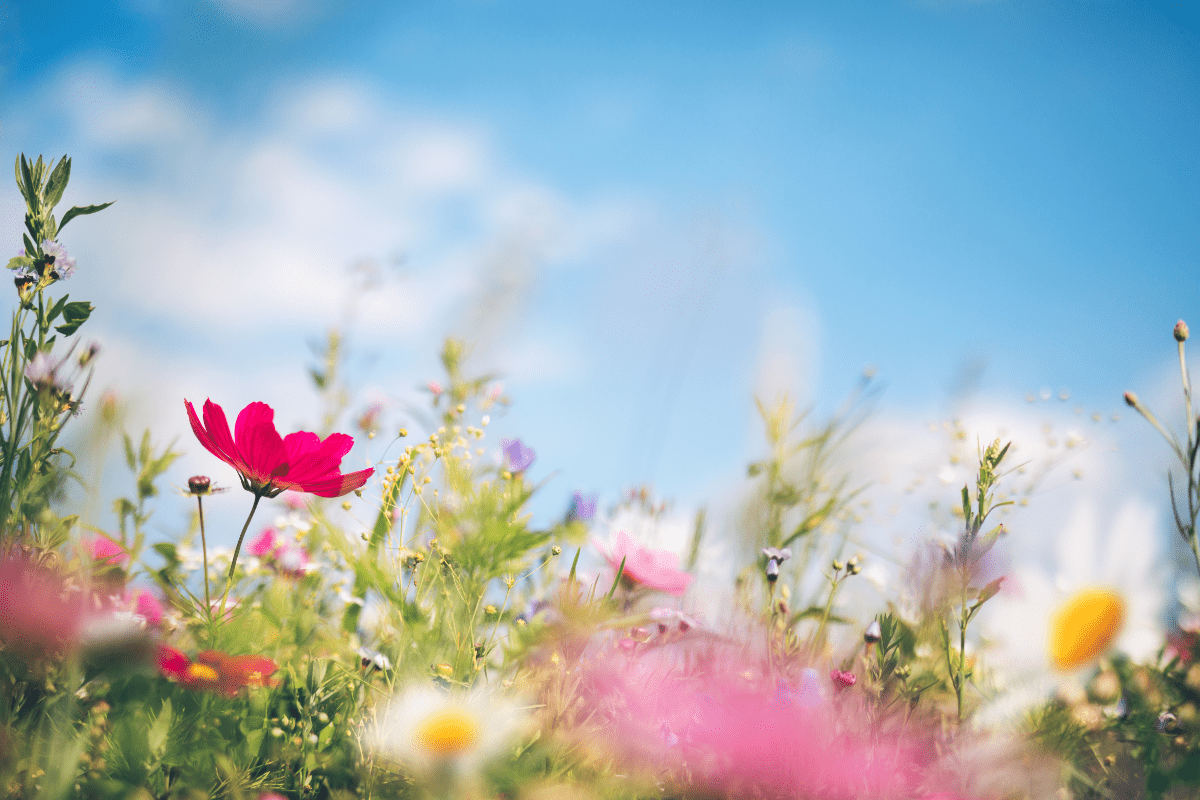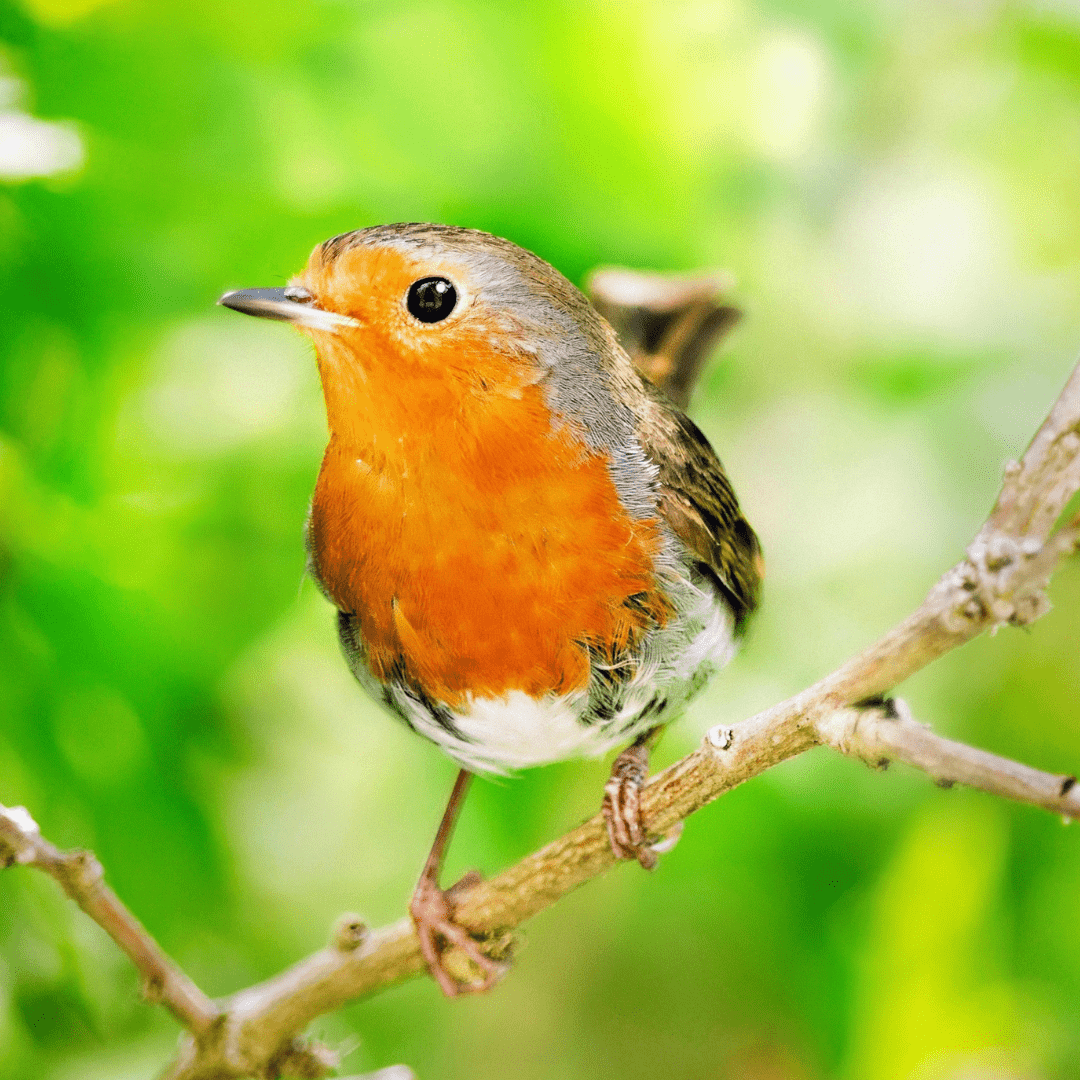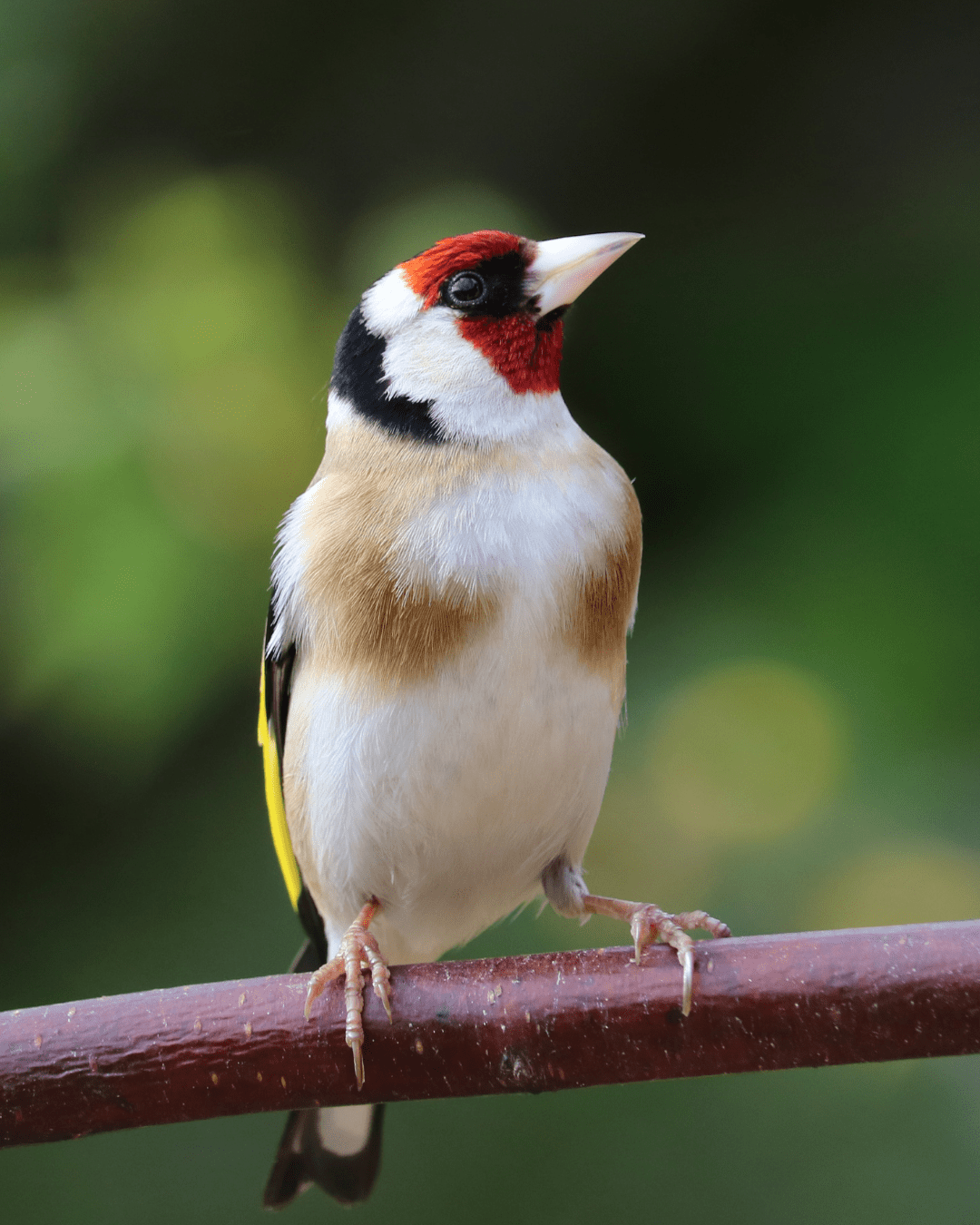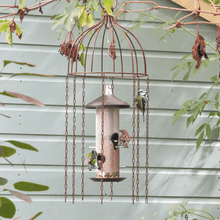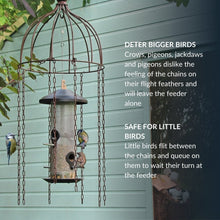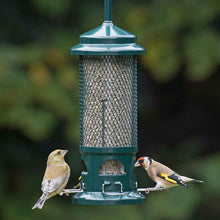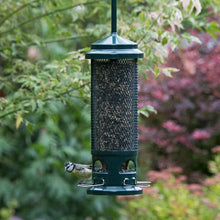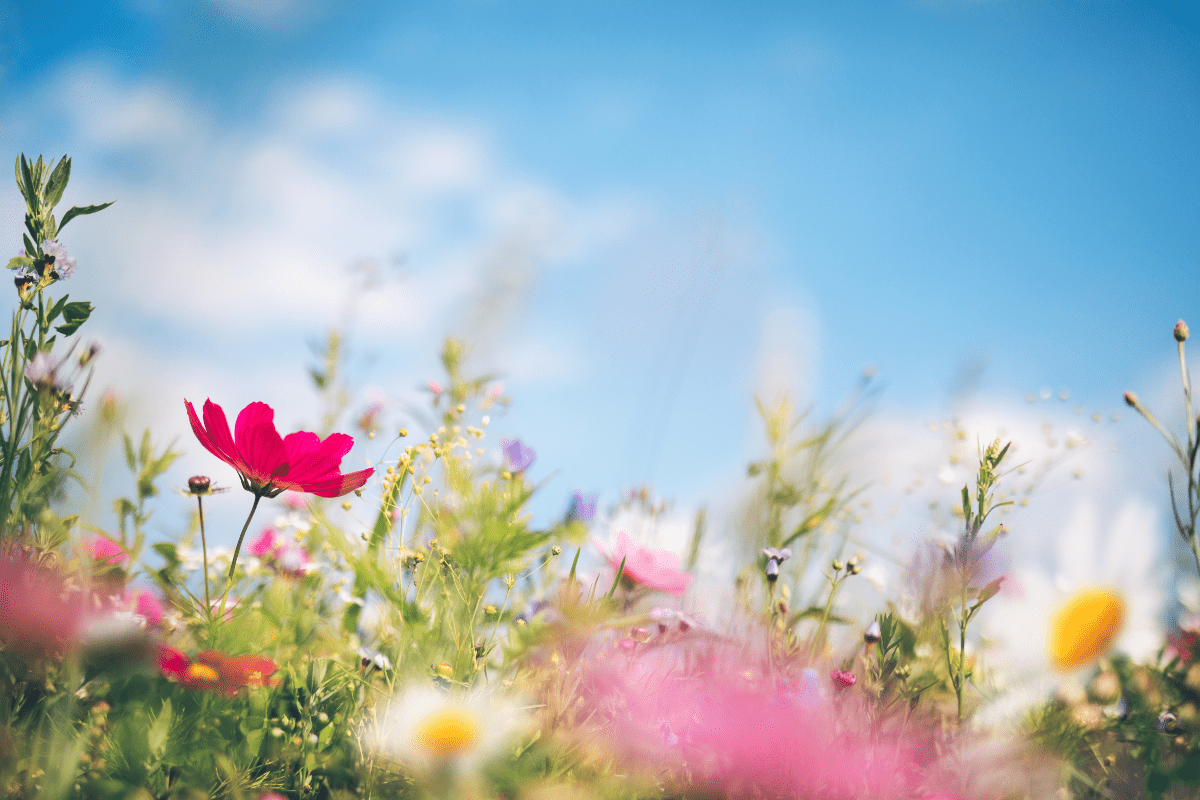A Garden Birdwatcher’s Guide to the Jackdaw
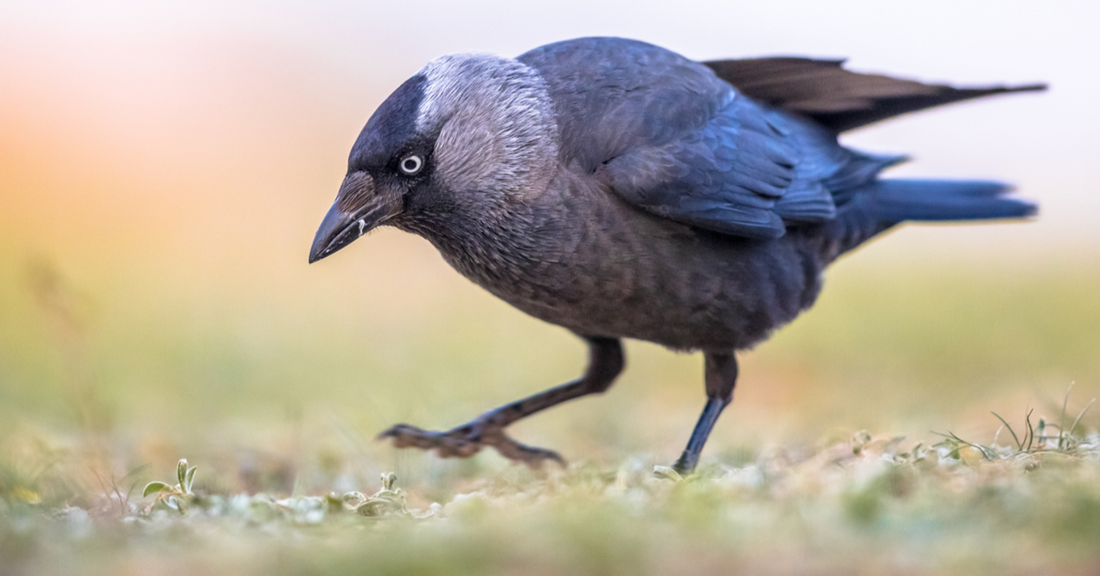
Jackdaws are members of the corvid family and are smaller than crows, rooks and magpies. They can be distinguished from similarly coloured birds by the grey colouring on the nape of the neck, and also by the white ring around the dark centre of the eye. Jackdaws were once woodland birds but are intelligent and quick to adapt, and they have made themselves very much at home in urban areas. They are opportunistic nesters and prefer to make their homes in cavities - you might spot a jackdaw nest in a tree, disused building, chimney pot or owl box. They are omnivorous and happily eat seeds, nuts, small mammals, insects and chicks. Jackdaws are gregarious, noisy birds and the jackdaw call is easy to recognise. They are social birds and they mate for life. When they flock together in their Autumn and Winter roosting territories you can still tell which jackdaws are paired up. They have a strict social hierarchy, with unpaired females at the bottom of the pecking order, and females will refuse to pair with a male of lower social rank but can raise her own social status by mating with a higher ranking bird.
There is also evidence that jackdaws form same sex pairs in the wild. A flock will work with one another to fight of bigger birds and they can learn from one another too - jackdaws can recognise human faces and will warn their peers if they see a human who has previously posed a threat. Jackdaws are highly intelligent - they can follow a human’s gaze to locate hidden food, and they have even been trained to steal from cash machines. The female will lay one brood of four to six pale blue eggs speckled with brown in a nest constructed using twigs and lined with soft materials. She will incubate the eggs for 12-14 days, and although the chicks fledge at 28-35 days they will still be fed by their parents for another month. Jackdaw folklore and superstition is conflicting - in Norfolk it was thought that if a bride saw a jackdaw on her wedding day she was destined for good luck, and in the North of England if a jackdaw falls down the chimney it is thought to bring bad luck. While we now know jackdaws to be supremely clever birds, according to a saying in Ancient Greece, “Swans will sing when the jackdaws are silent”, meaning wise people will only speak when fools hold their tongues.
Ready to deepen your connection with the birds in your garden? Discover more about your feathered friends and how to attract them to your space with Amidst the Birdsong: A Garden Birdwatcher's Journal. This beautifully crafted journal is the perfect companion for anyone looking to observe and learn about the birds visiting their garden. Start your birdwatching journey today – click here to learn more.


